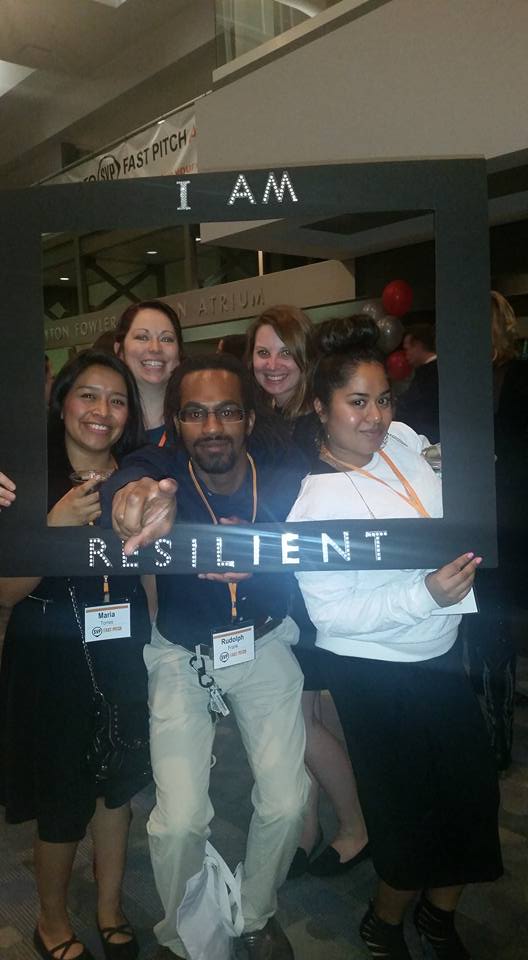Resilience is a funny word. Most people do not use it in their every day vocabulary. However, many of you have exhibited some form of resiliency at some point in your lives. Being resilient is extremely important for young adults who are aging out of foster care (reaching the age where the state considers them to be legal adults).
Why is it so important that young adults who are aging out of foster care learn resiliency? I will answer that question by describing what life was like for me when I aged out of foster care.
My name is Naketa Ross and I was in foster care from the age of 8 until 21. I was placed in several foster homes over my time in care. When I was 18, I believed that I was ready to be out on my own. I packed up my 3-month-old daughter and went to college. Within 4 months of arriving at college, we were evicted. My daughter and I lived in a shelter and slept on people’s couches for the second semester of college. By the end of my first year I, flunked out. To my dismay, I was not prepared for the harsh reality and challenges of being a grown up. This is not uncommon for many 18 year olds regardless of their background. The vast difference is, I didn’t leave home for college; I aged out of foster care. This is significant because I did not have the luxury of calling my parents or anyone for support during this difficult transition period in my life.
 Fast forward 20+ years and the same thing is happening to far too many young adults leaving care today. Many young adults are aging out with little to no support and are not equipped to handle the challenges of being an adult. Thus, the result is too many experience homelessness, incarceration, drug abuse and become young parents relying on government assistance to support them.
Fast forward 20+ years and the same thing is happening to far too many young adults leaving care today. Many young adults are aging out with little to no support and are not equipped to handle the challenges of being an adult. Thus, the result is too many experience homelessness, incarceration, drug abuse and become young parents relying on government assistance to support them.
Here is where resiliency is vital. Being resilient means being able to recover from or bounce back from a traumatic event. (I think we can agree that being taken away from your family is a very traumatic event). Resiliency is a set of skills that are pertinent for youth who have experienced foster care and are about to face the adult world for the first time.
Many young adults age out without a clear direction for their future. When teenagers learn to be resilient they set realistic goals for themselves and have a belief in their ability to accomplish the goals. When young adults learn to be resilient, they possess the ability to problem solve. This is a necessary skill because life can be unpredictable at times and youth need to be able to adapt to the changes. When a person becomes more resilient, they are optimistic about their future. Believing that things will get better can make a drastic difference between giving up or standing strong for another day.
It is not uncommon for many youth leaving care to not have developed a healthy relationship with a caring adult. This is a hindrance because everyone needs someone they can call on when times are difficult. When teenagers are taught to be resilient, they learn how to build a healthy support system. This support system reminds them that they are not alone and helps them remember to focus on the goals they have set for themselves.
These are just a few of the things that are encompassed in the skill of being resilient. Being resilient will help properly prepare youth to be successful adults.
Naketa Ross
Executive Director
